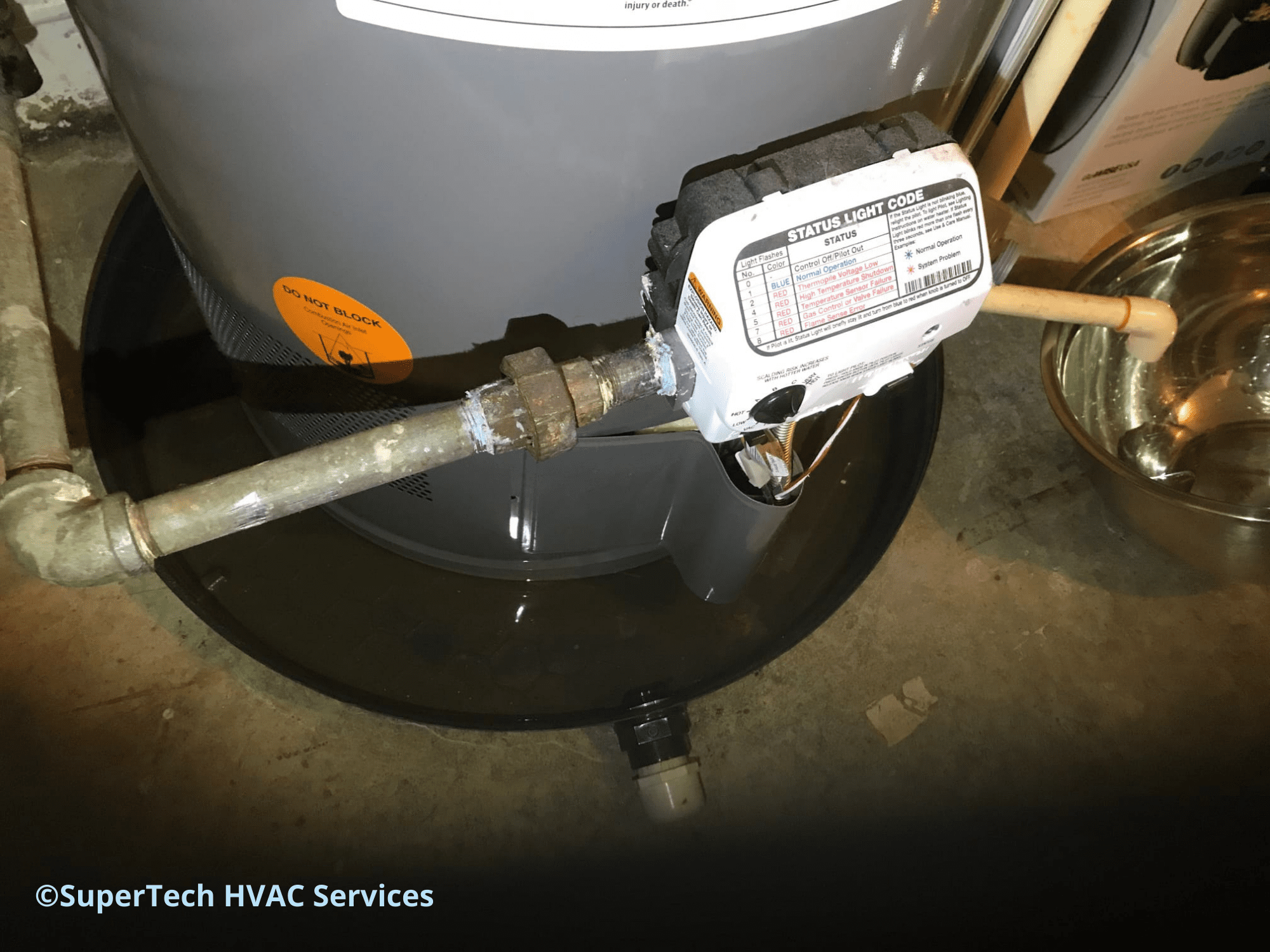Almost everyone may have their private rationale on the subject of Water Heaters Problems.

Think of beginning your day without your routine hot shower. That currently establishes a poor tone for the rest of your day.
Every house needs a trustworthy hot water heater, but just a few understand exactly how to manage one. One easy way to maintain your hot water heater in leading shape is to check for faults on a regular basis as well as repair them as quickly as they show up.
Remember to turn off your hot water heater prior to smelling about for mistakes. These are the hot water heater faults you are probably to experience.
Water too hot or also cool
Every hot water heater has a thermostat that figures out how warm the water obtains. If the water entering your house is also warm despite establishing a hassle-free maximum temperature level, your thermostat could be defective.
On the other hand, too cold water may result from a stopped working thermostat, a broken circuit, or incorrect gas flow. As an example, if you use a gas hot water heater with a broken pilot burner, you would obtain cold water, even if the thermostat remains in perfect condition. For electrical heaters, a blown fuse might be the culprit.
Inadequate warm water
Water heaters been available in several sizes, depending upon your warm water needs. If you run out of warm water prior to everyone has had a bath, your hot water heater is also tiny for your family size. You should consider setting up a bigger hot water heater storage tank or going with a tankless hot water heater, which takes up less space and is more durable.
Strange noises
There go to the very least 5 sort of sounds you can learn through a hot water heater, yet one of the most typical interpretation is that it's time for the water heater to retire.
First off, you need to know with the typical sounds a hot water heater makes. An electrical heating system might sound different from a gas-powered one.
Popping or banging sounds usually suggest there is a piece of sediment in your containers, and also it's time to clean it out. On the other hand, whistling or hissing audios may just be your valves allowing some pressure off.
Water leakages
Leaks can come from pipelines, water connections, shutoffs, or in the worst-case scenario, the storage tank itself. Over time, water will certainly rust the container, and discover its escape. If this happens, you require to change your water heater immediately.
Nonetheless, before your adjustment your entire tank, make sure that all pipelines remain in area and that each valve works completely. If you still require help determining a leakage, call your plumber.
Rust-colored water
Rust-colored water means one of your water heater elements is rusted. Maybe the anode pole, or the storage tank itself. Your plumber will certainly have the ability to determine which it is.
Warm water
Regardless of exactly how high you set the thermostat, you won't get any hot water out of a heating unit well past its prime. A water heater's efficiency may lower with time.
You will certainly likewise get lukewarm water if your pipelines have a cross link. This implies that when you turn on a faucet, warm water from the heater moves in along with routine, cold water. A cross connection is very easy to spot. If your warm water faucets still run after closing the water heater shutoffs, you have a cross connection.
Discoloured Water
Rust is a major reason for dirty or discoloured water. Rust within the water container or a stopping working anode pole could trigger this discolouration. The anode pole secures the tank from rusting on the inside and also should be inspected annual. Without a pole or a correctly operating anode rod, the hot water swiftly wears away inside the tank. Contact an expert water heater professional to determine if replacing the anode rod will certainly take care of the issue; if not, replace your water heater.
Conclusion
Ideally, your water heater can last one decade prior to you require a modification. Nevertheless, after the 10-year mark, you may experience any of these faults more routinely. At this point, you need to include a new hot water heater to your spending plan.
How To Troubleshoot 3 Common Water Heater Problems in Twin Cities
The Water Heater Is Leaking
A leaky cold water inlet valve A loose pipe fitting A leaky temperature and pressure relief valve A corroded anode rod A cracked tank Turn Off Your Water Heater:
Shut off your gas water heater by turning the gas valve on the unit to the “OFF” position. Shut off your electric water by switching its power off at your electrical panel. Look for a two-pole breaker labeled “water heater” and turn it to the “OFF” position. Move the ball valve connected to the water heater to be perpendicular to the piping at a 90° angle. Look for the Leak:
Depending on whether the water is coming from the tank's top or bottom, you’ll want to look for the leak in different locations.
If the leak comes from the top of the tank, carefully look for water escaping from the cold water inlet valve or loose pipe fittings. Rusted hot and cold water valves can have loose connections with the tank, with water leaking out of them.
https://mspplumbingheatingair.com/blog/how-to-troubleshoot-3-common-water-heater-problems
I discovered that blog post on Common Problems with Your Home Water Heater while doing a search on the search engines. Appreciated our write up? Please share it. Help another person discover it. Thanks a lot for going through it.
Ensure top-quality plumbing repairs.